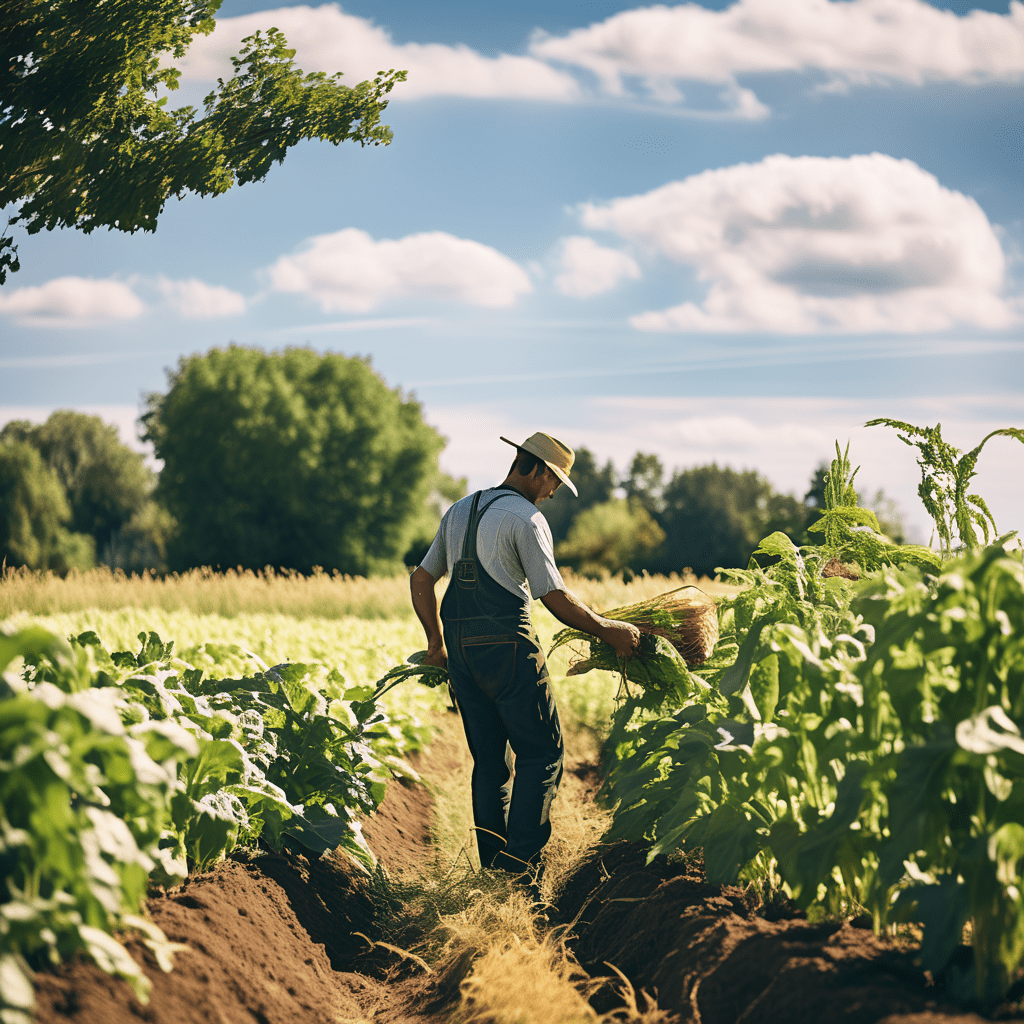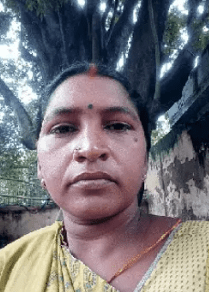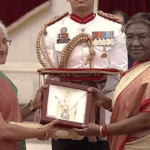In the heart of Bhagalpur, Bihar, where the rhythm of life is set by the fields and the toil of daily labor, Kanchan Devi’s story is a tale of resilience, empowerment, and the transformative power of community.
Early Life and Background
Kanchan’s journey in farming began in her childhood, hand in hand with her mother. Growing up in a small village where agriculture sustains 134 households, Kanchan absorbed the wisdom of the land, learning the intricate dance of seasons and crops. In a community marked by its challenges, where a mere 15% female literacy rate cast shadows of limitation, Kanchan’s spirit remained undaunted.
Empowerment Through Oxfam India and SEWA Bharat
In May 2016, a glimmer of hope illuminated as Oxfam India and SEWA Bharat started to show support to empower women farmers through the vegetable supply chain. Kanchan, initially cautious, found herself drawn to the promise of change. As the project went ahead, Kanchan emerged as a catalyst for transformation. She rallied her fellow women farmers, igniting sparks of hope. Through training sessions and shared experiences, she championed sustainable agricultural practices and women’s rights.
Kanchan Devi’s Transformation and Leadership
Through Integrated Nutrient Management and Integrated Pest Management techniques, Kanchan Devi witnessed a remarkable 30% increase in net returns from her crops. Her newfound prosperity was not confined to her fields; it rippled through her home, repairing walls and nourishing dreams. At present, Kanchan is a leader—a president of a village-level women’s vegetable producer group and a member of the esteemed Board of Directors of the Farmer Producer Organisation in Bihar.
Recognition and Awards
Recognizing her exceptional contributions, Kanchan Devi received accolades from the Agriculture Production Commissioner of Bihar as an ‘Agent of Change’ on April 26, 2018. Subsequently, she was honored at the ‘Aprajita Samman’ by Prabhat Khabar on May 27, 2018, for her pioneering role in establishing the first women-managed Farmer Producer Organisation. Kanchan acknowledges the profound shift her community has undergone, from a narrative of struggle to one of empowerment.

Vision for the Future
“We began with 10-15 women who started to train together and then we established an entire neighborhood. Like this, many misconceptions were cleared due to a knowledge-sharing process.” Rooting for equality, Kanchan says, “Farming is for men and women both. It is a collective and collaborative profession. Moreover, the future of farming is bright in India, and I hope to continue to work for it. I wish to seek further support from the government and the community at large.”
Conclusion
In Bhagalpur, amidst the whispers of the wind and the rustle of leaves, Kanchan’s journey is one of the triumphs of the human spirit, the beauty of community, and the boundless possibilities that lie within each seed sown with purpose. Her story echoes across the fields, inspiring hope, and heralding change.
Click Here For More Success stories
FAQs
- What inspired Kanchan Devi to become a leader in agriculture?
- Kanchan Devi’s upbringing in a farming community and her early experiences with her mother inspired her to become a leader in agriculture. She saw the potential for change and empowerment through farming.
- How did the project by Oxfam India and SEWA Bharat impact women farmers in Bhagalpur?
- The project provided training and support to women farmers, empowering them with knowledge and resources to improve their agricultural practices and increase their income. It also fostered a sense of community and solidarity among the women farmers.
- What awards has Kanchan Devi received for her contributions to farming?
- Kanchan has received accolades from the Agriculture Production Commissioner of Bihar as an ‘Agent of Change’ and was honored at the ‘Aprajita Samman’ by Prabhat Khabar for her pioneering role in establishing the first women-managed Farmer Producer Organisation.
- What are some of the challenges faced by women in agriculture in rural India?
- Women in agriculture in rural India face challenges such as limited access to resources and markets, lack of education and training, and social norms that restrict their participation in decision-making processes.
- How can the government and the community further support women farmers like Kanchan Devi ?
- The government and the community can further support women farmers by providing access to education and training, financial support, and opportunities for leadership and empowerment. They can also work to change social norms that limit women’s participation in agriculture.










